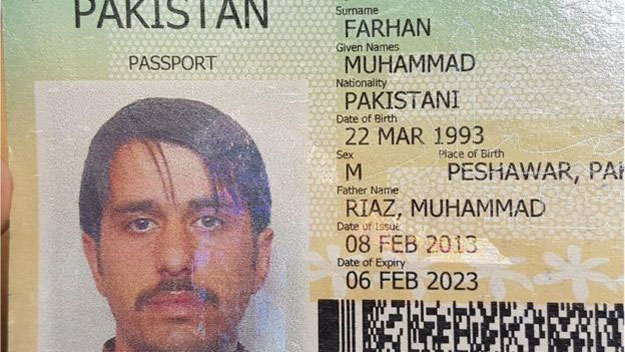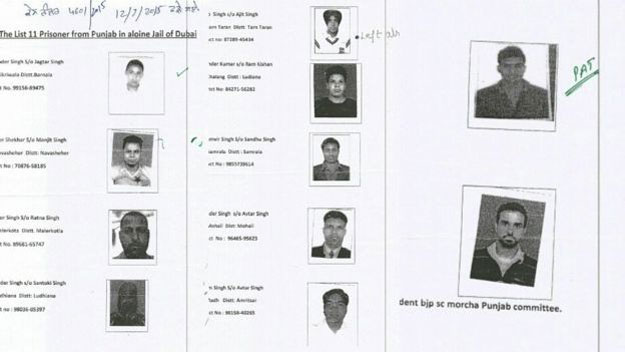A Pakistani man, whose son was killed in Abu Dhabi in 2015, has pardoned the murderers – all Indians – who are facing death sentence.
A court in the United Arab Emirates has approved [the request] to pay the blood money, BBC Urdu reported on Sunday.
The murderers, who came to work in Abu Dhabi from Indian Punjab, were convicted in October last year for killing a Pakistani youth, Muhammad Farhan, following an altercation. Under the Sharia law, which is in vogue in the UAE, an appeal against the death penalty can be filed in the court if the victim’s family and the convict reconcile, and the family pardons him.
Mohammad Riaz, who belongs to Peshawar, in Khyber-Pakhtunkhwa, has decided to pardon the killers of his son. Although the court has to rule on the pardon, the appeal has given the convicts a new ray of hope, and a possibility to walk free.
The blood money is being arranged by a Dubai-based Indian businessman SP Singh Oberoi. He is the president of Sarbat Da Bhala Charitable Trust, a not-for-profit organisation that works for people convicted and arrested for such matters. “We have worked out reconciliation,” said Oberoi.

Farhan’s father, along with family and friends, is in Abu Dhabi for exonerating the 10 Indians. He has submitted the agreement in the court, and has been given time until April 12, 2017 for further action.
“It was unfortunate that I lost my son. I appeal the young generation not to indulge in such fights,” said Riaz. “I have forgiven these 10 individuals. In fact, Allah has saved their lives. Lives of at least 10 people, including a wife and children, hinge [financially] on one person [who comes to work in the UAE].”

Riaz, according to Oberoi, has assured he [on behalf of his family] will ask the judge to pardon all the 10 convicts.
The Indian businessman said Riaz had been invited from Pakistan three days ago, with all arrangements, including a visa and accommodation being made by his trust. “We somehow made him agree … and as per the Sharia law, have submitted Dhs 200,000 as blood money in the court,” he added.

